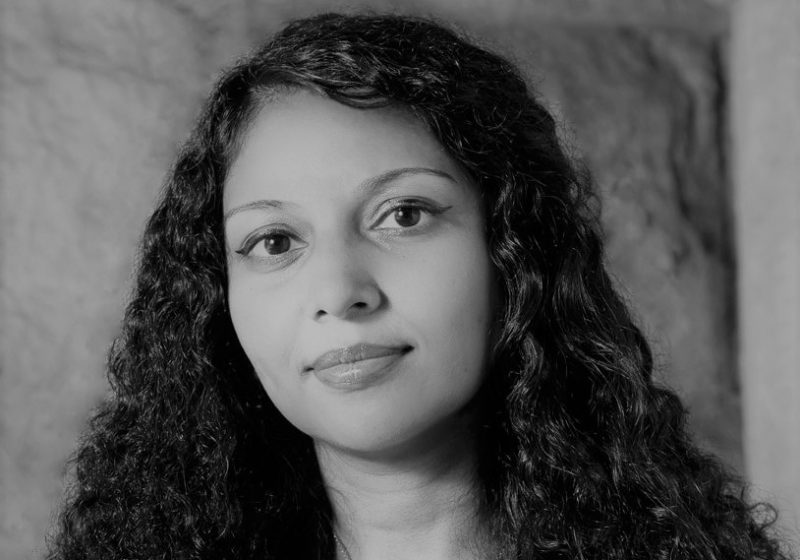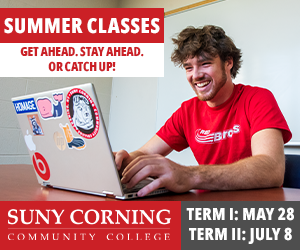On Thursday, Nov. 3, over 20 participants attended the Humanities Center’s event featuring a lecture by Dr. Lakmali Jayasinghe titled “The Burdens of Borders: Understanding International Students’ Challenges through Oral History Narratives.” Jayasinghe is a lecturer in Civic, Liberal, and Global Education at Stanford University who won the 2021 Susan W. Schofield Oral History Award for Excellence in the Practice of Oral History, awarded by the Stanford Historical Society.
The talk featured Jayasinghe’s research on the discriminatory process of requiring visas for international students as well as the challenges they face once they have acquired their visa for the U.S. As neither immigrants nor citizens, international students have limited rights and opportunities, despite being a socio-economically, culturally, and linguistically diverse group, she said.
During the talk, Jayasinghe said that by using oral history, “you get access to personal stories and narratives. It’s more nuanced, and gives you the full story instead of fitting these profiles into numbers.” She continued to assess how oral history addresses the invisibility of the many obstacles international students overcome. Likewise, she said that oral histories provide a space for traditionally invisible groups as “a way to make these stories accessible to other groups.”
“Institutions can be ignorant because institutional authority figures who run the establishment, despite being well-intentioned, can have minimal experience, knowledge, or understanding of the financial, emotional, and psychological burden that is attached to being on a visa,” wrote Jayasinghe in an email to the Campus Times. A critical issue for international students is the lack of support. Few can relate to these issues across the University community. Likewise, she addressed the issue of ignorance when it comes to the diversity of international students’ experiences. Two students from different regions will face entirely different visa processes.
Jayasinghe suggested solutions that universities, including UR, can take to help students from these “discriminatory policies that are fossilized in contemporary visa policies,” through awareness, education, and training by “provid[ing] special training on international student visas and related issues for departmental staff, human resources staff, student staff, student leaders, and other categories of students, staff, and faculty who work with international students.”
Additionally, direct support to international students could include guidance to international students about their visa status and “new policies that impact their well-being in non-legal, jargon-free language (workshops, lectures by specialists and lawyers, short non-credit courses, popouts, online webinars, online modules, etc.).” Likewise, Jayasinghe advises relational transformation from departments, genuine allyship, and mental health resources.
Without this support, international students have limited opportunities on campus due to visa restrictions, which reflects the job market landscape after graduation and future academia paths. Additionally, there is a fear of participating in activism, protest, and public engagement due to fear of arrest leading to deportation and an impact on future visas. Thus, it’s difficult for students to voice their concerns.
“It is important to create more awareness and understanding about what it means to be on a visa as a student,” wrote Jayasinghe. “Although we need to be careful about putting the burden on international students themselves with regard to educating others about their predicament, they can also advocate for representative participation in student government bodies at the university and departmental level.”
Jayasinghe encourages UR international students to research issues and publish them on a public level through creative avenues such as blogs, art, and theater.
“Change comes from engagement, collaboration, and collective action.”






